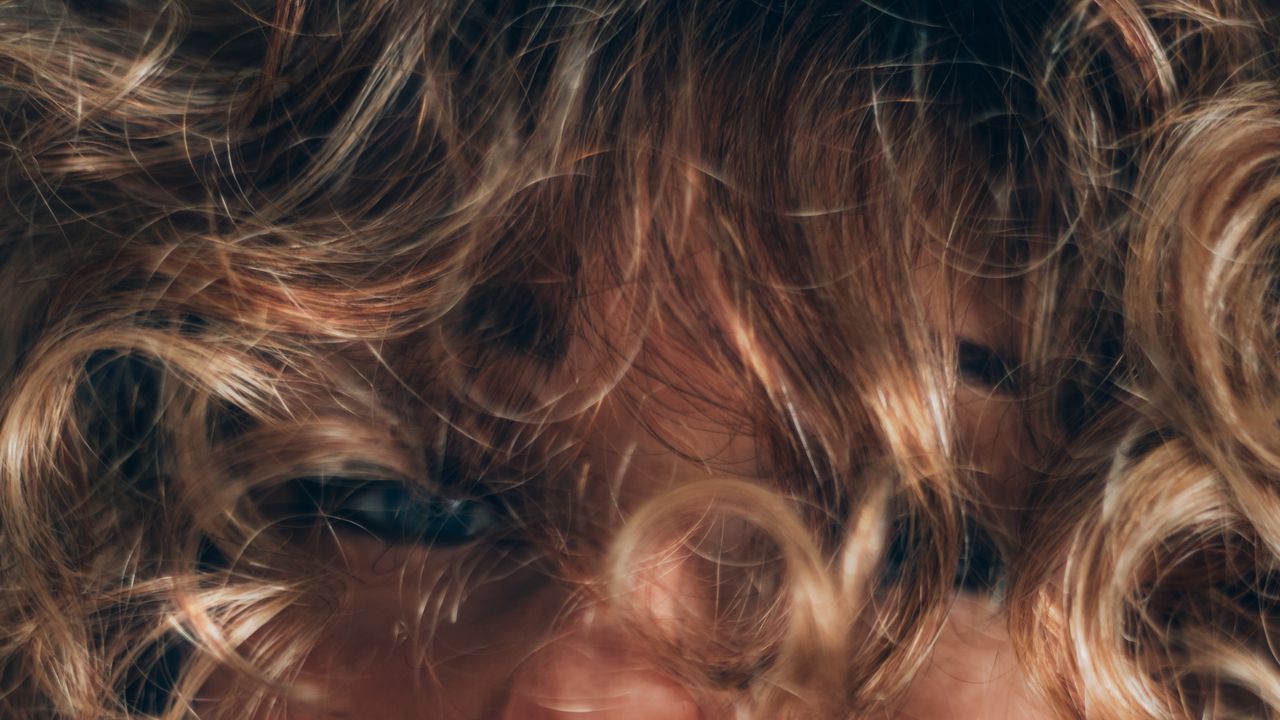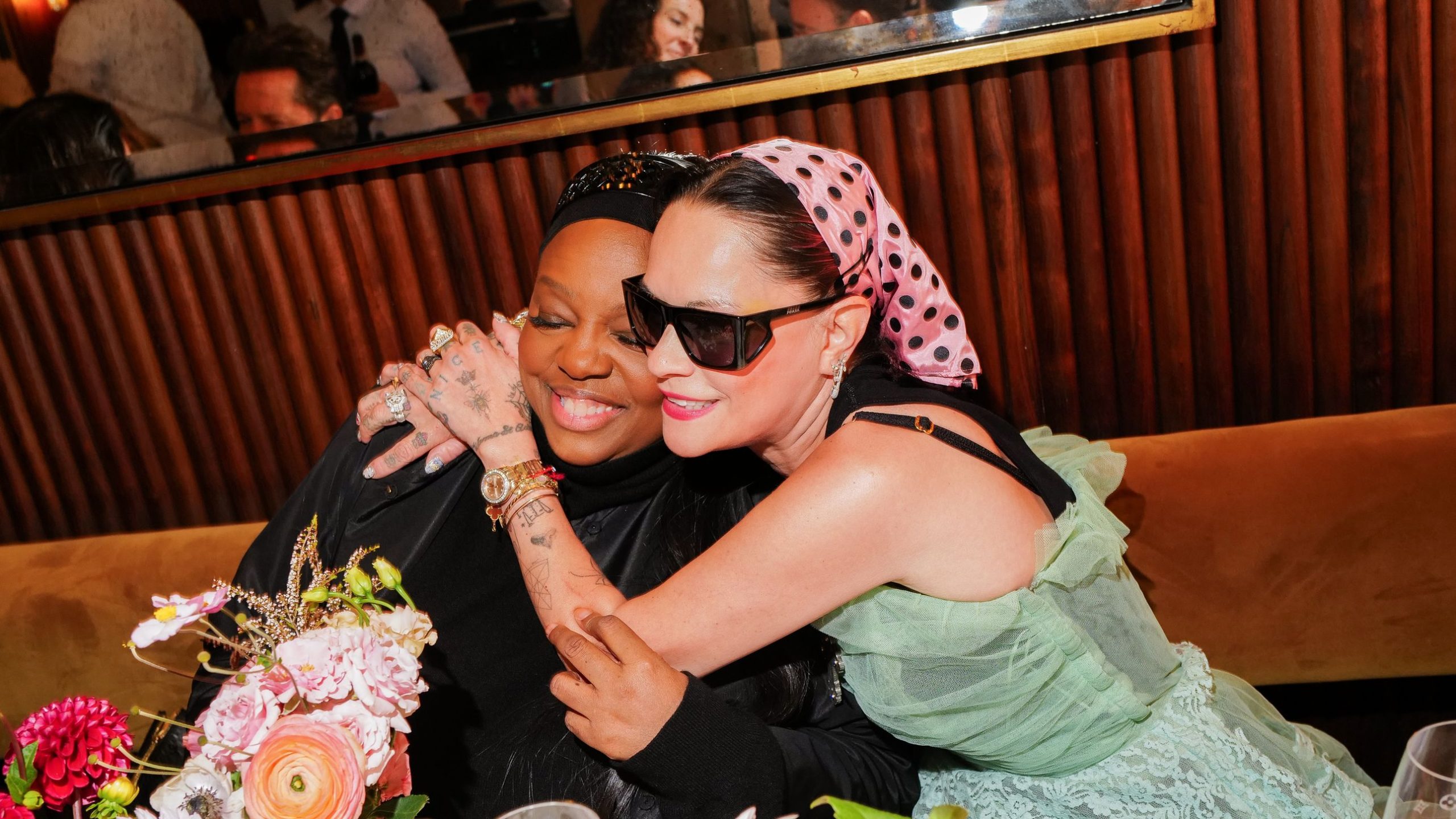
- Caffeine-related side effects such as anxiety, insomnia, and headaches
- Stomach irritation or digestive issues
- Potential lead contamination
- Teeth strain
- May interact with medications
- Possible liver stress in very high doses
If you just love matcha too much to completely cut it off, Samantha Dieras, RN, DCN, director of ambulatory nutrition services at Mount Sinai Hospital, says you don’t have to take such a drastic route. “If you enjoy it, [it] provides the benefits of drinking green tea,” Dieras says. Instead, she recommends being more thoughtful about the timing of when you consume it and what foods you can pair with it to offset the possible negative downsides. For example, you can drink your matcha about one to two hours before consuming iron-rich foods or make sure to add some vitamin C food with your iron-rich meals to increase absorption, she says. Also, be careful with the sweeteners and milk you add to your matcha, as they might contain unnecessary added sugars and other ingredients that are considered unhealthy.
As for the amount you’re consuming, Dr. Viola says a safe limit would be about 2 to 3 grams a day (which is the equivalent of 2 to 3 cups). Because matcha is more concentrated than regular tea, she tells patients that drinking 4 to 5 grams a day regularly is too much. Your body will alert you when it’s reached its limit with matcha. She says that if you’re experiencing insomnia, jitteriness, headaches, acid reflux, and other downsides, you may want to rethink that matcha latte. And if you are pregnant or breastfeeding, have caffeine sensitivity, take certain medications, have an iron deficiency, or liver issues, it’s best to avoid daily matcha drinking. Other than that, you should be okay.
“Overall, if you’re healthy and moderate your intake, matcha can absolutely be part of a daily wellness routine,” she says. “Just be mindful of your body’s signals and iron status.”
What can you do about the shedding?
Dr. King says that hair loss is a complicated subject that can have many different causes. The most common causes, she says, are usually genetics, stress, and hormones. While diet can also be a factor, she says other deficiencies such as vitamin B, zinc, and vitamin D deficiency, as well as insufficient protein intake, can lead to hair loss. Your best bet as always is to ask a dermatologist or your doctor for answers. “It’s reasonable to cut back if you are drinking large amounts of matcha, but in most cases, hair loss is not caused by a single dietary factor,” she adds. “See your doctor for a thorough assessment.”
#Matcha #Latte #Making #Hair #Fall






